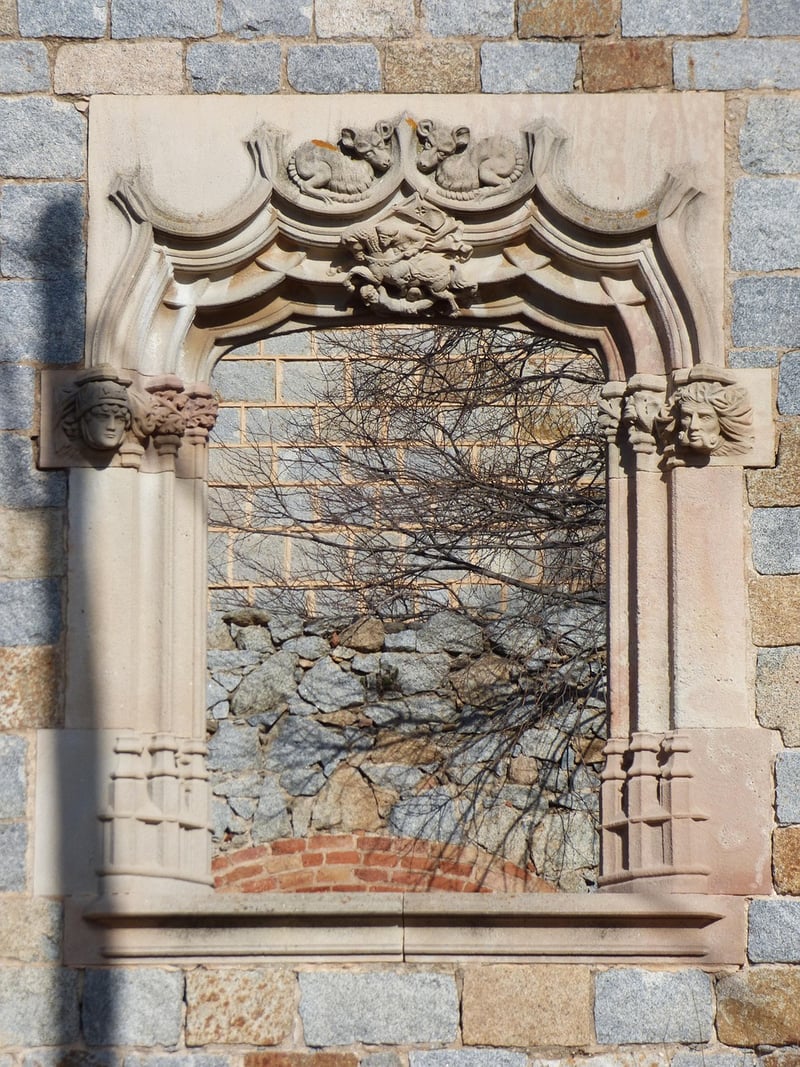Paradox Prevention
Navigating Time-Space Complexities and Paradox Prevention
Time travel has long been a subject of fascination and speculation in science fiction. The idea of journeying through time and space, altering the course of history, and potentially causing paradoxes is both thrilling and mind-boggling. While time travel remains a theoretical concept, exploring the complexities and paradoxes associated with it can be a stimulating mental exercise.
Understanding Time-Space Complexities
Time is a fundamental dimension that governs the sequence of events in the universe. Space, on the other hand, provides the framework within which these events occur. When we consider time and space together, we enter the realm of time-space complexities.
One of the most famous illustrations of time-space complexities is the theory of relativity proposed by Albert Einstein. According to this theory, time is not a fixed entity but is relative and can be influenced by factors such as gravity and velocity. This concept opens up the possibility of time dilation and time loops, where time can stretch, contract, or even fold back on itself.
Paradox Prevention
Paradoxes are logical contradictions that arise when time travel scenarios lead to self-referential or inconsistent outcomes. One of the most well-known paradoxes is the grandfather paradox, where a time traveler goes back in time and prevents their grandfather from meeting their grandmother, thereby negating their own existence.
To prevent paradoxes and maintain logical consistency in hypothetical time travel scenarios, various theories and principles have been proposed. Some of these include the Novikov self-consistency principle, which suggests that any actions taken by a time traveler in the past must be self-consistent and not lead to paradoxes.
Conclusion
While time travel remains a fascinating concept that sparks the imagination, the complexities and paradoxes associated with it highlight the intricate nature of time and space. By exploring these concepts, we can gain a deeper understanding of the fundamental principles that govern our universe.

Time-space complexities and paradox prevention continue to captivate scientists, philosophers, and enthusiasts alike, pushing the boundaries of our understanding of the universe.
